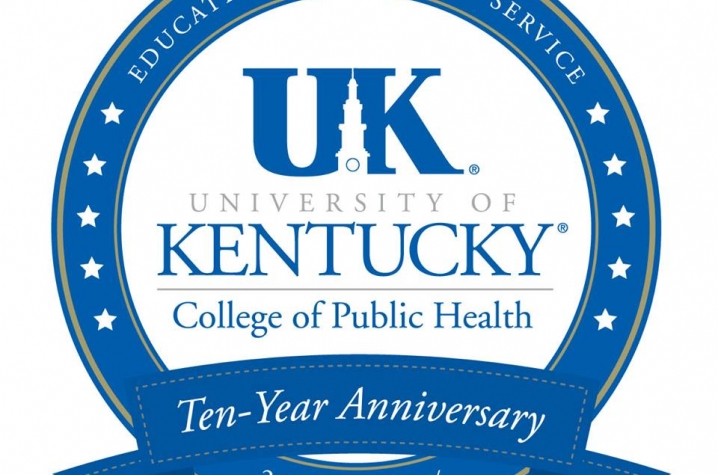College of Public Health Offers New Undergraduate Courses

LEXINGTON, Ky. (Nov. 7, 2014) – The University of Kentucky College of Public Health continues to expand its undergraduate curriculum with new courses related to sexual health, deciphering diseases, public health in film, and food. Each course highlights key contemporary issues in the public health field.
The following new courses will be offered in Spring 2015 and Fall 2015:
"CPH 203: Sexual Health" focuses on the relationship between sexual behaviors and health and wellness. The course will be taught by Richard Crosby, PhD, a well-known author and researcher in the field of sexual health, specifically contraceptives and prevention of sexual diseases. The course covers an array of topics ranging from sexuality and gender roles to sexual anatomy in a "judgment-free zone." The class also focuses on HIV/AIDS and other sexually transmitted diseases.
Crosby feels this course is very valuable for young adults. "Sexual ignorance is the enemy and once we can accept that and move on we will be able to prevent so much more," he said.
This course meets university requirements as part of the social science core.
"CPH 310: Disease Detectives: Epidemiology in the Act" is an in-depth study of disease patterns, causes and effects in a population. The course will begin with an overview of epidemiology before exploring how to study and measure disease, including topic-specific epidemiology in fields such as cancer and genetics. This course is taught by Jay Christian, PhD, who has also worked as a staff epidemiologist at the Markey Cancer Control Program. This class meets university requirements as part of the natural science core.
"CPH 202: Public Health Through Popular Film" provides students with an understanding of public health concepts as represented in popular cinema. It will be taught by Nancy Johnson, DrPH, MSPH, a certified industrial hygienist who has worked for the state's Occupational Safety and Health Administration programs. Public health events have been the focus of many film plots, and this course includes a combination of lectures, readings and film viewings that help students understand the relationship between environmental, biological and behavioral factors of disease.
Johnson believes this course is especially relevant to this generation. "A well-educated person who understands the science behind the event can look at something meant to entertain and influence and understand what is true and what is hyperbole," she said.
This course meets university requirements as part of the social science core.
"UKC 130: Food Fight" concentrates on a topic that most college students are interested in: food. This course explores issues of production, distribution and consumption of food, and how those factors affect the health of people. Specifically, the course revolves around the topic of overconsumption, one of society's many dietary issues. With two-thirds of American adults overweight or obese, this course aims to give students an understanding of the causes of the problem and what they can do to address it.
The class will be taught by Mark Swanson, PhD, a cultural anthropologist who specializes in the influence of social and physical environments on eating behaviors. Swanson has earned many National Institute of Health grants to study farm-to-school programs that encourage healthy eating habits of elementary school students. This course meets a university requirement as a social science core.
Any undergraduate student is encouraged to sign up for these courses in the upcoming registration period, opening Nov. 5.
UK’s Bachelor's of Public Health (BPH) program is designed to provide exposure to students in a number of important areas of public health, including disease control and prevention, environmental health, health behavior, health care management, global health, local health, aging and nutrition. It is a challenging area of study that allows students the opportunity to tackle complex health problems and work toward finding solutions that better the lives of individuals, families and entire communities.
MEDIA CONTACT: Mallory Powell, mallory.powell@uky.edu




